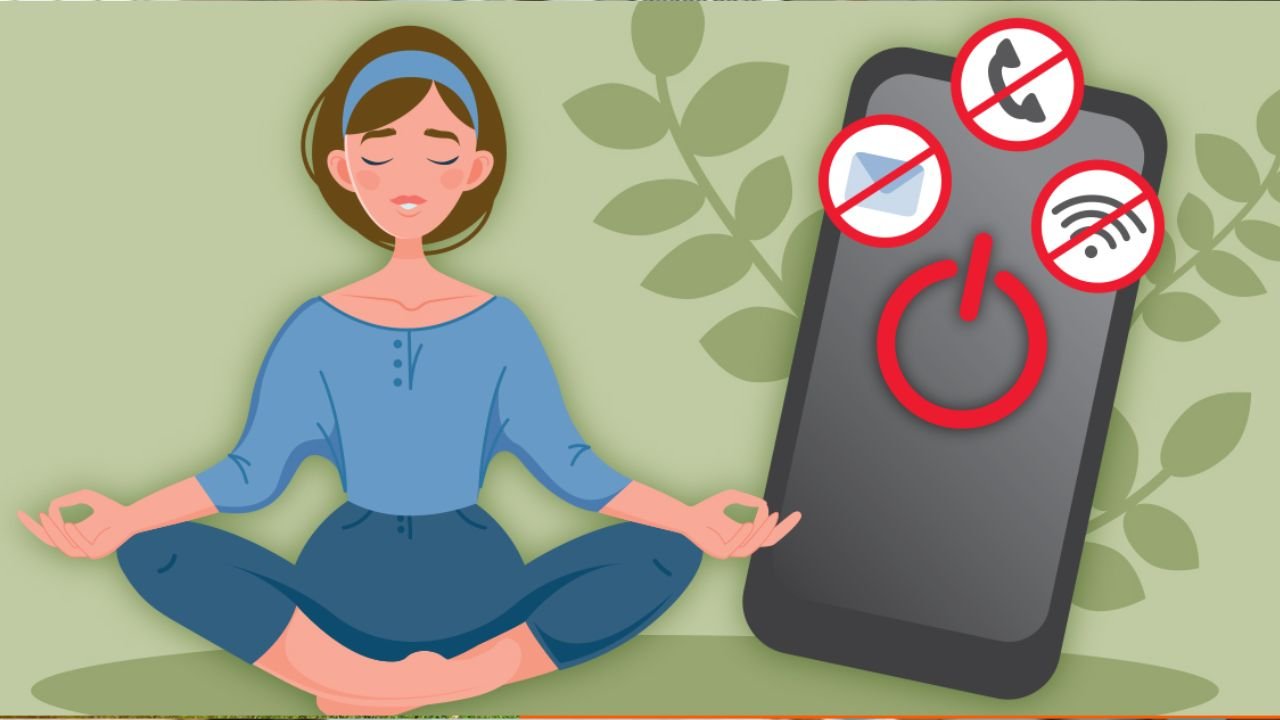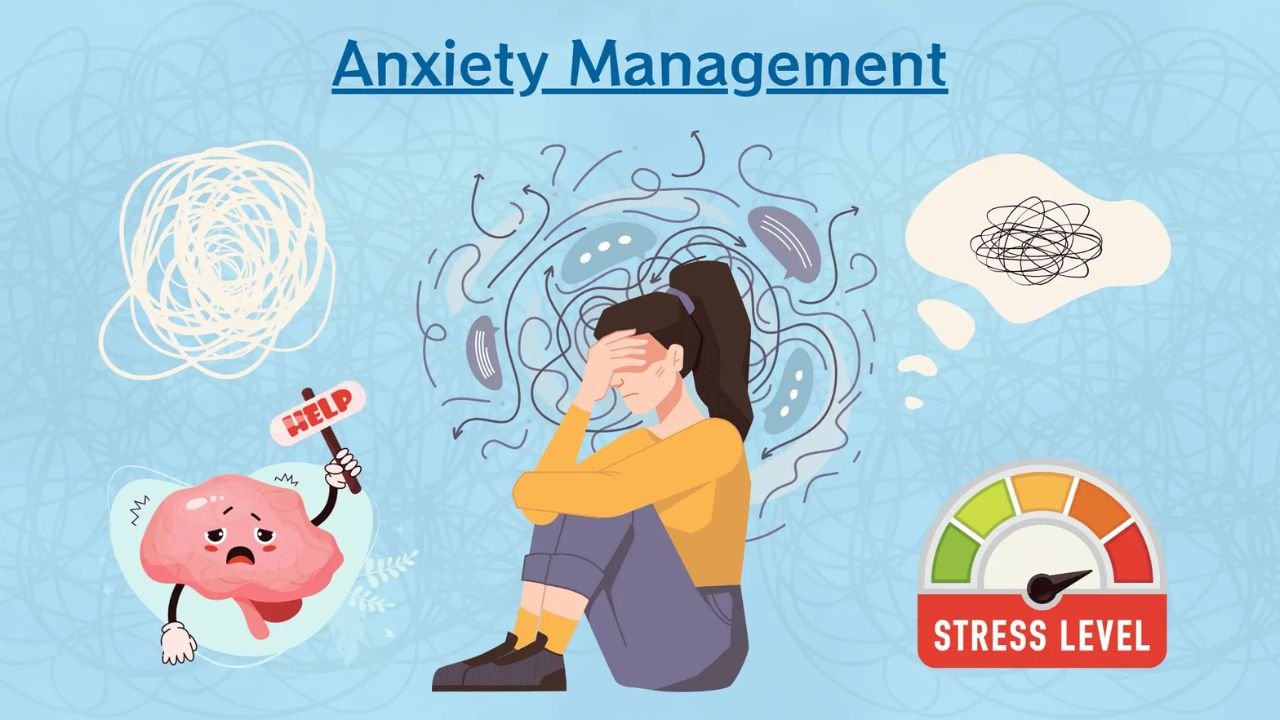You may not realize it, but your digital habits could be silently feeding your depression. Constant scrolling, endless notifications, and screen time overload can drain your mental health. If you’ve been searching for real relief, it might be time to unplug. Here’s how a digital detox can help you reset and heal.
What a Digital Detox Really Means
A digital detox doesn’t mean throwing your phone away or deleting every account you have. Instead, it;’s about creating intentional breaks from screens and being mindful of how digital consumption affects your mental state. You might start by turning off non-essential notifications or setting screen time limits on your apps. Even a few hours offline each day can create enough mental space for you to breathe. The point is to give your mind a room to rest, without the digital noise.
The Mental Health Benefits You’ll Notice
Once you begin detoxing from your digital devices, you may notice some surprising benefits. Here’s what you can expect:
- Improved Sleep
Blue light exposure from screens disrupts your body’s natural sleep cycle. Reducing screen time before bed helps you fall asleep faster and enjoy deeper rest, which plays a key role in stabilizing your mood.
- Less Anxiety, More Clarity
By stepping away from your phone, you remove the constant triggers that fuel anxiety, like urgent work emails or negative social media commentary. You give yourself permission to live in the present moment instead of reacting to every alert.
- Increased Self-Worth
Without the constant comparison game that comes with scrolling, you’re less likely to feel inadequate. A digital detox gives you time to reconnect with your values, goals, and real-world achievements.
- Better Relationships
When you’re less glued to your screen, you’re more available emotionally and mentally for the people around you. That connection is vital, especially when you’re dealing with depression.
How to Start Your Own Digital Detox
Taking the first step doesn’t have to be overwhelming. Here’s a simple guide to get you started:
- Schedule social media check-ins once or twice a day.
- Designate no-screen zones by making your bedroom or dining area a phone-free space.
- Turn off push notifications and keep critical ones like calls or messages from loved ones.
- Set daily screen time limits by using built-in features on your phone to track and reduce usage.
- Replace screen time with real-life activities by reading a book, going for a walk, or practicing journaling.
Over time, you’ll begin to notice how much more connected you feel, to yourself, to others, and to the present moment. If you’ve already begun seeking help and are exploring options like depression treatments Naperville providers recommend, incorporating a digital detox into your daily routine could support and strengthen your recovery efforts.
Pairing Digital Detox With Professional Help
While a digital detox can be incredibly beneficial, it’s not a standalone treatment if you’re dealing with clinical depression. Professional help can offer you the tools and guidance needed for long-term healing. A simple online search for depression treatment near me can help you find compassionate experts who understand what you’re going through and can tailor care to your needs.
Endnote
While a digital detox can bring major improvements to your mental health, it’s not a substitute for professional care if you’re dealing with clinical depression. If you find that your low mood, fatigue, or hopelessness persists even after making lifestyle changes, don’t hesitate to reach out for help.



